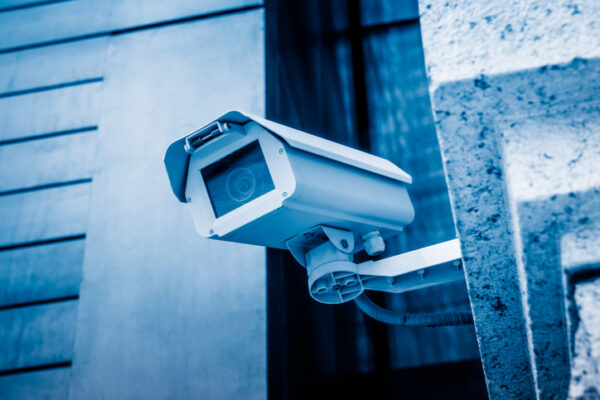The number of active Covid-19 cases in the US went up by 45% today, driven mostly by the delay in testing and social distancing. Quarantine and testing have been shown to be effective measures at curbing the spread of novel coronavirus in China, all made possible by widespread biosurveillance and contact-tracing, practices now being undertaken by other countries. The US has yet to implement such measures and has no effective way to identify potential carriers.
Most consider biosurveillance the bane of democracy and do not completely grasp the impact it can have on the war against any pandemic, including Covid-19. Historically, the biosurveillance strategy of the US was motivated by the military’s concern for the threat of pathogens, but the scope has increasingly broadened to include identification of emerging infectious diseases, including H1N1, the SARS coronavirus, and the West Nile virus. Early identification of disease outbreaks and understanding the mechanism of transmission and the speed of infection are all critical components of an effective biosurveillance system. Coupled with contract-tracing, the approach can enable the US to effectively flatten the curve. So why does the US lag behind?

Health Benefit Consultants, Share Your Expert Insights in Our Survey
Luba Greenwood Luba is a healthcare and technology thought leader, having served as an executive at Google Life Sciences and Roche, where she also established and led transformation efforts in diagnostics. Luba is a Lecturer in Engineering Sciences at Harvard, where her work focuses on application of technology to healthcare, life sciences, and global health. […]
Currently, the US has relied on testing to track those infected. However, disruption of healthcare services and supply chains greatly limited the availability of testing kits. Even when testing does increase and we are headed in that direction, widespread testing at a global scale is not a viable option for a virus that is not projected to be eradicated in the next 18 months.
Moreover, given that the infection is often transmitted through asymptomatic carriers, the only way to prevent the spread is to test those who have been in close contact with known carriers. To identify those at risk of having Covid-19, and limit tests and social isolation measures only to those individuals, several countries have implemented contact-tracing measures with varying degrees of success. Today, China leads the way in implementing a program to detect those in close contact with Covid-19 carriers and has effectively flattened the curve, but has done so at a cost of privacy.
The US Government is now in talks with Facebook and Google. Maintaining user privacy, however, while effectively implementing contact-tracing will not be easy even for these tech giants, particularly since they have been embroiled in concerns related to data privacy.
Researchers at MIT and Harvard are working on finding the missing piece of this puzzle under the leadership of Prof. Ramesh Raskar, a faculty member at MIT Media Labs. To date, mass contact-tracking has been relatively simple for governments, as most of us carry mobile phones with GPS location tracking. The challenge has been to find a way to ensure this approach does not lead to mass surveillance. These researchers have designed a solution, however, called Private Kit, to enable contact-tracking while protecting the privacy of users and businesses they patronize. This app will be launched in several countries in the coming week and aims to empower governments and public health institutions with location data while ensuring protection of user privacy.

A Deep-dive Into Specialty Pharma
A specialty drug is a class of prescription medications used to treat complex, chronic or rare medical conditions. Although this classification was originally intended to define the treatment of rare, also termed “orphan” diseases, affecting fewer than 200,000 people in the US, more recently, specialty drugs have emerged as the cornerstone of treatment for chronic and complex diseases such as cancer, autoimmune conditions, diabetes, hepatitis C, and HIV/AIDS.
Covid-19 is not going away. According to some projections, this novel coronavirus will peak in the US in May and stay through August, only to return potentially in a milder form in September. The need for biosurveillance and contact-tracing to enable individuals and governments to contain the spread of the virus without sacrificing the economy and wiping out economic gains over the last decade is key. However, it must be done in an anonymized way to protect privacy and curb panic.
Luba is a healthcare and technology thought leader, having served as an executive at Google Life Sciences and Roche, where she also established and led transformation efforts in diagnostics. Luba is a Lecturer in Engineering Sciences at Harvard, where her work focuses on application of technology to healthcare, life sciences, and global health. She also serves as a Senior Advisor to the CEO of the Dana-Farber Cancer Institute and the Wyss Center for Bio and Neuroengineering. Luba is also a former litigator and data privacy expert, having started her career at Wilmer Cutler Pickering Hale and Dorr.














